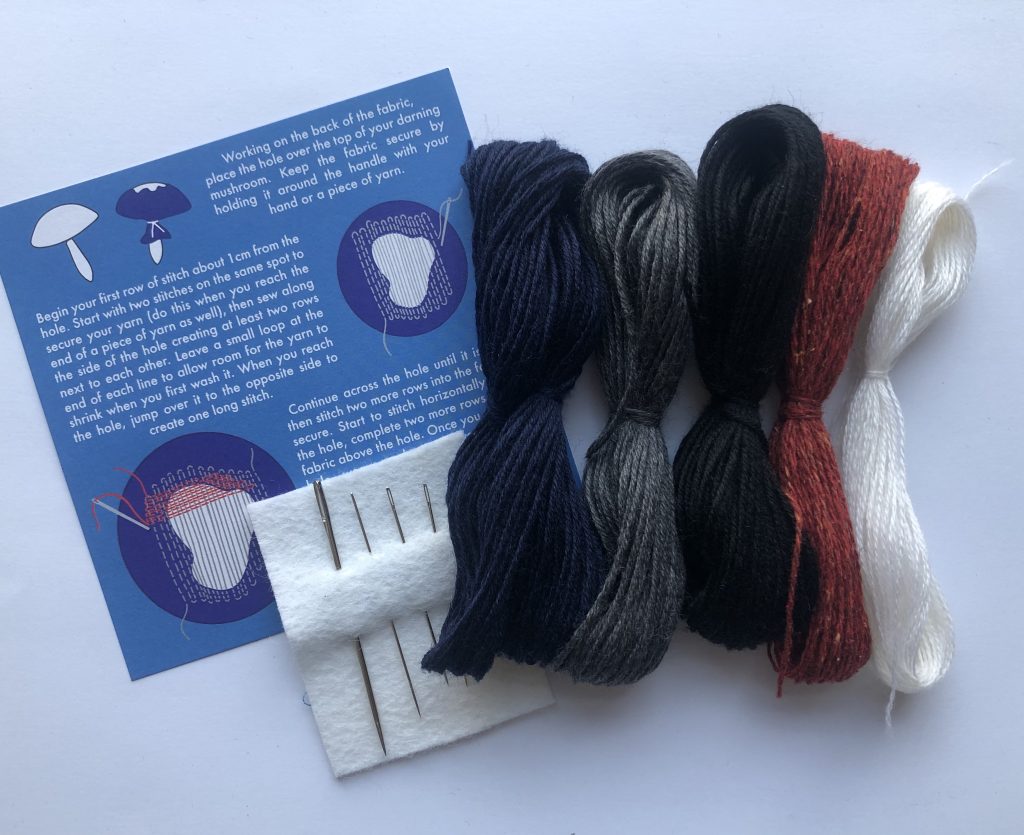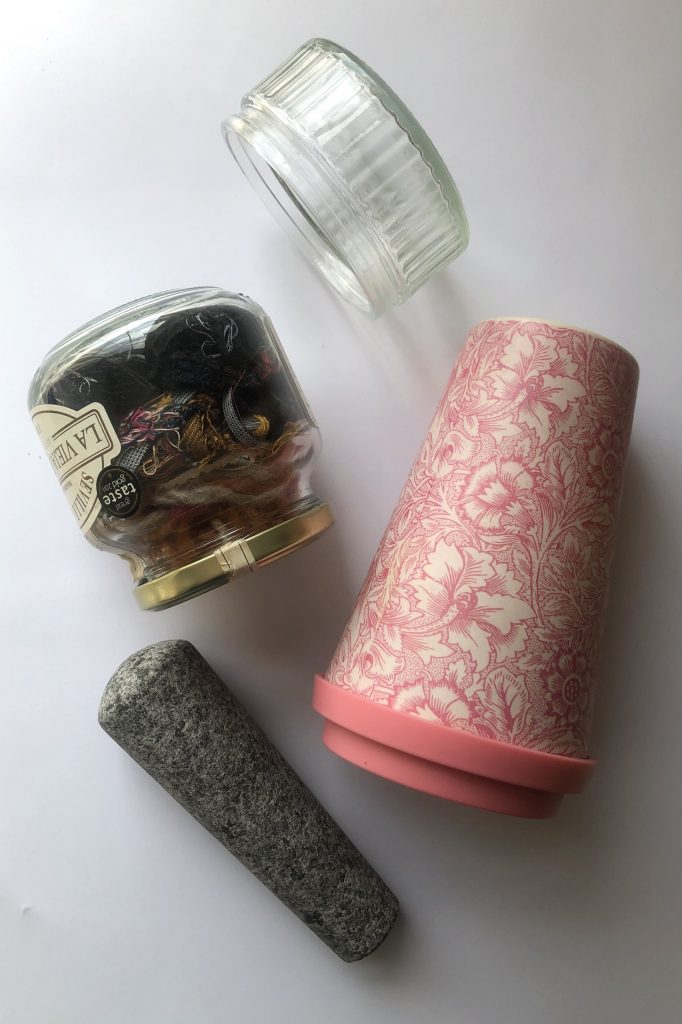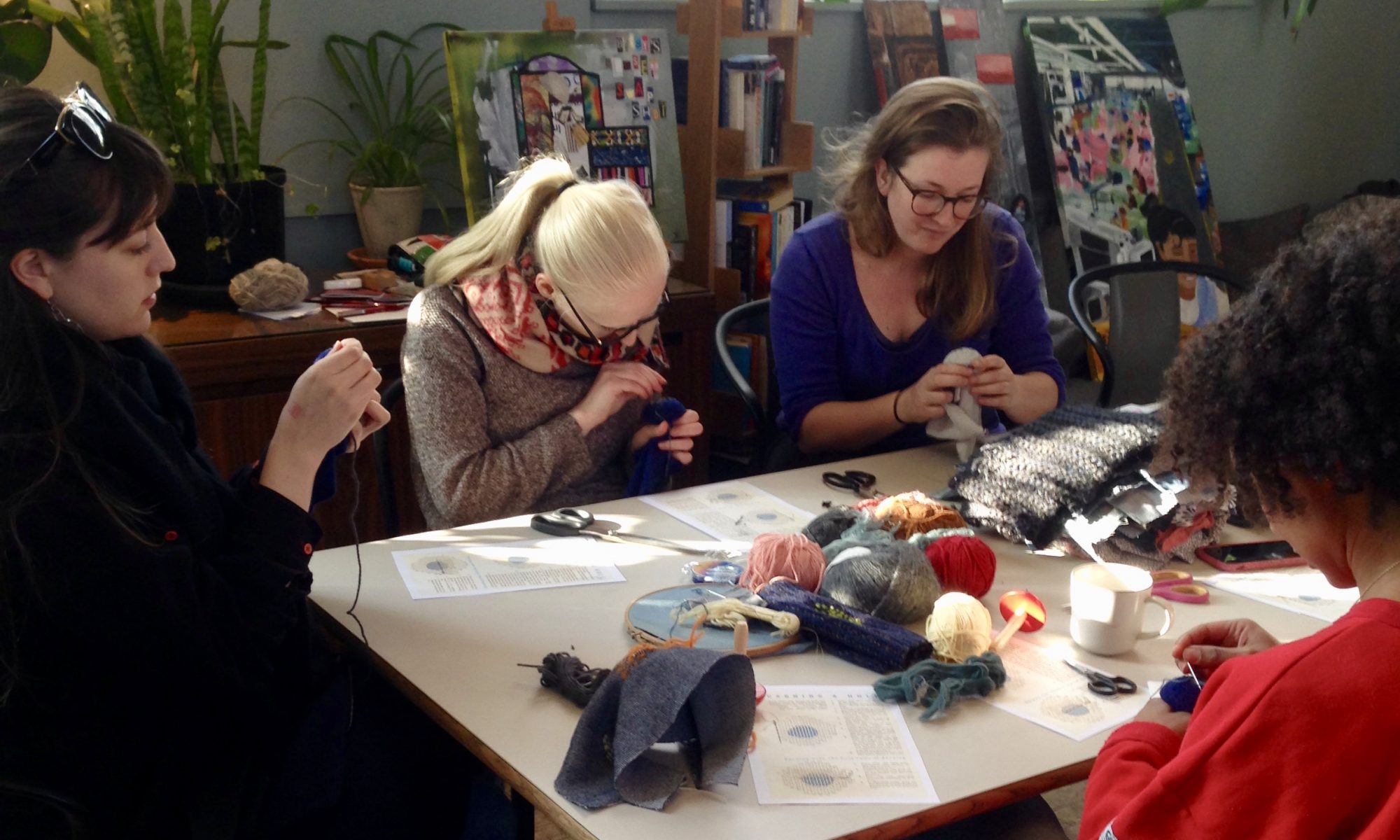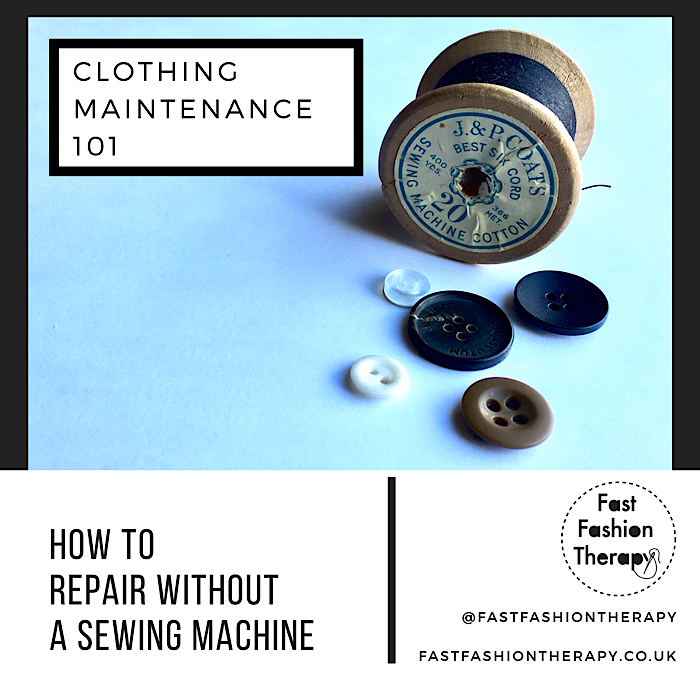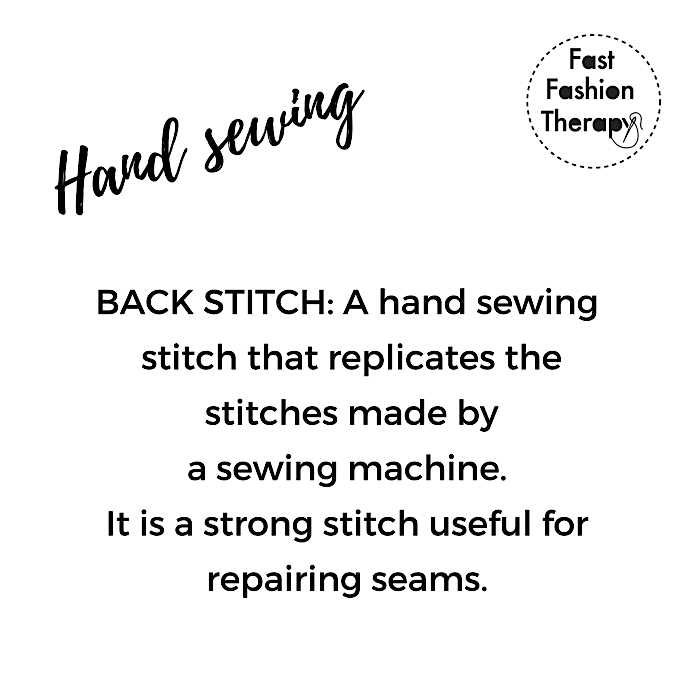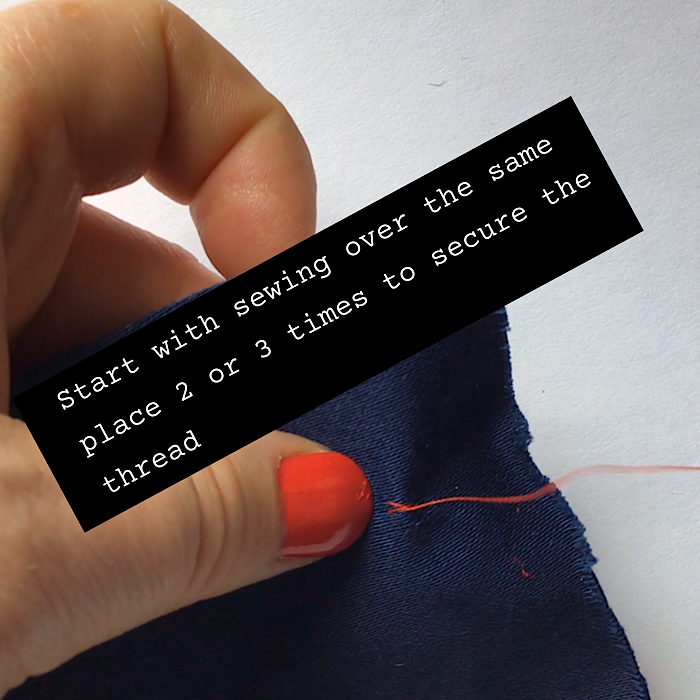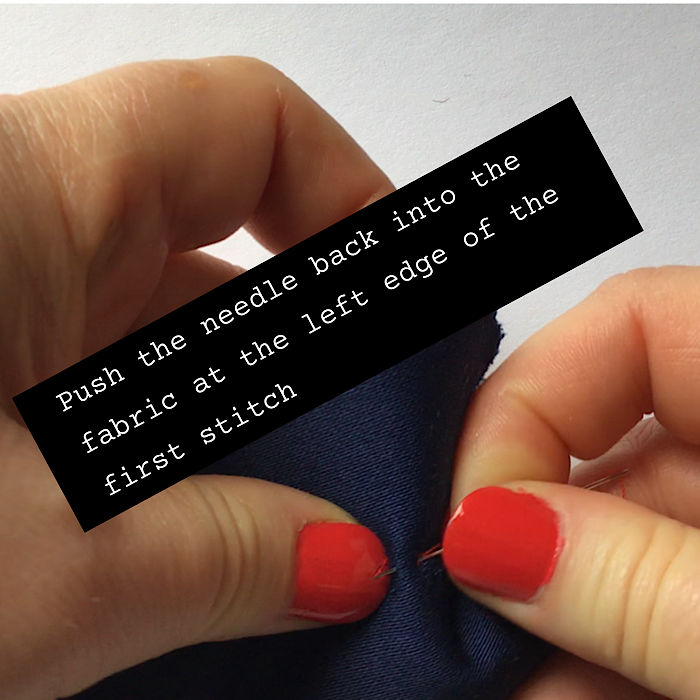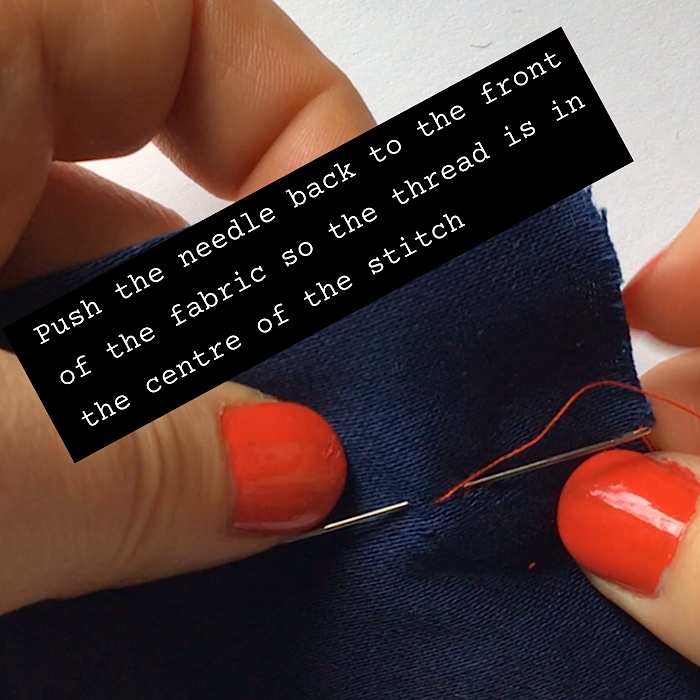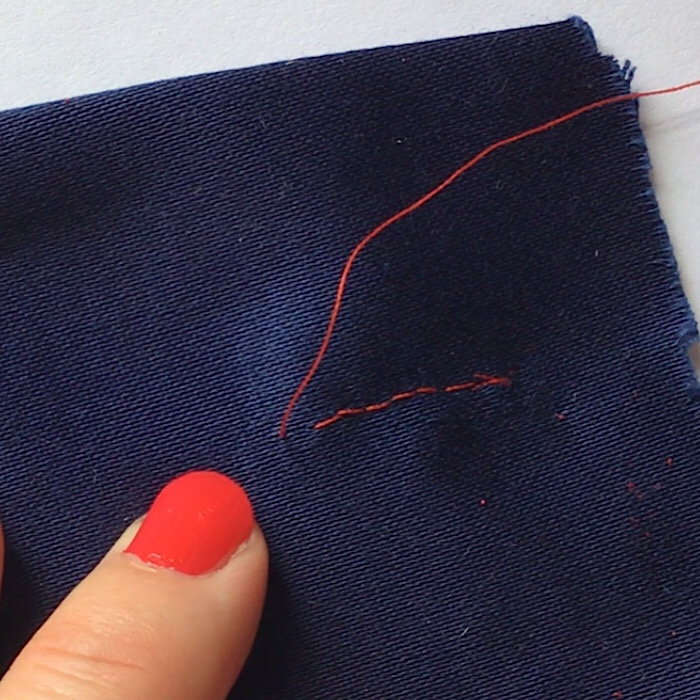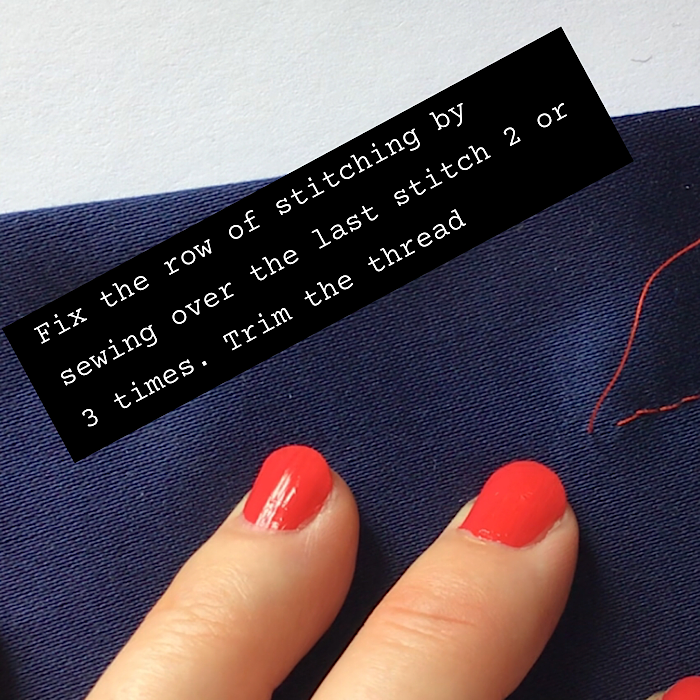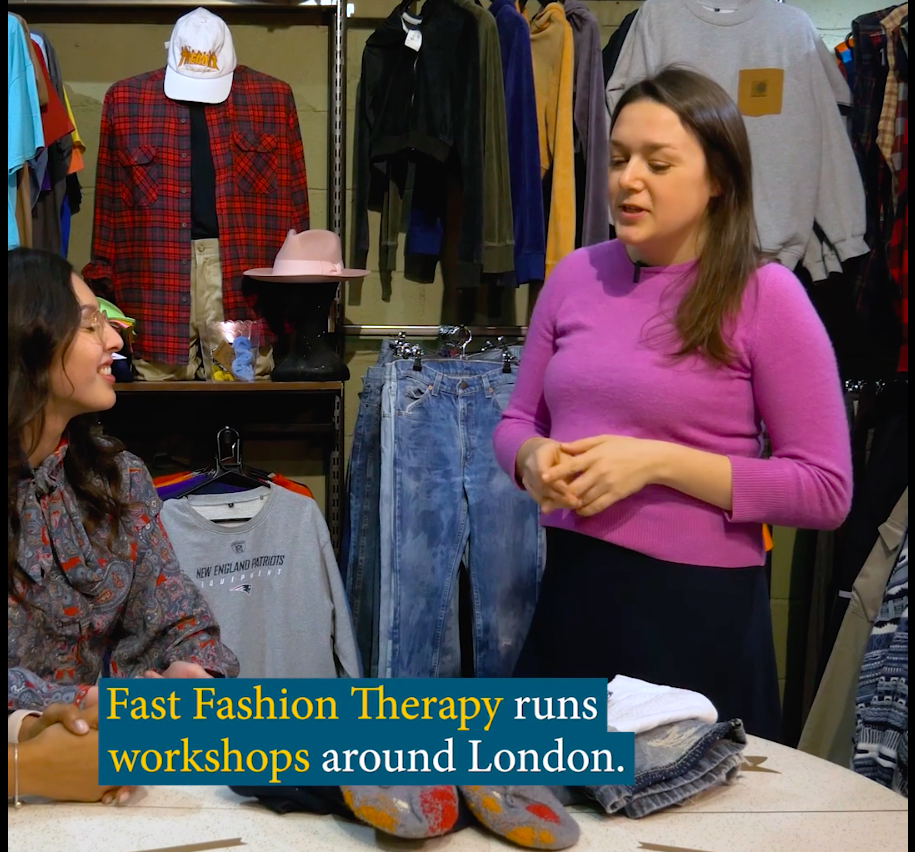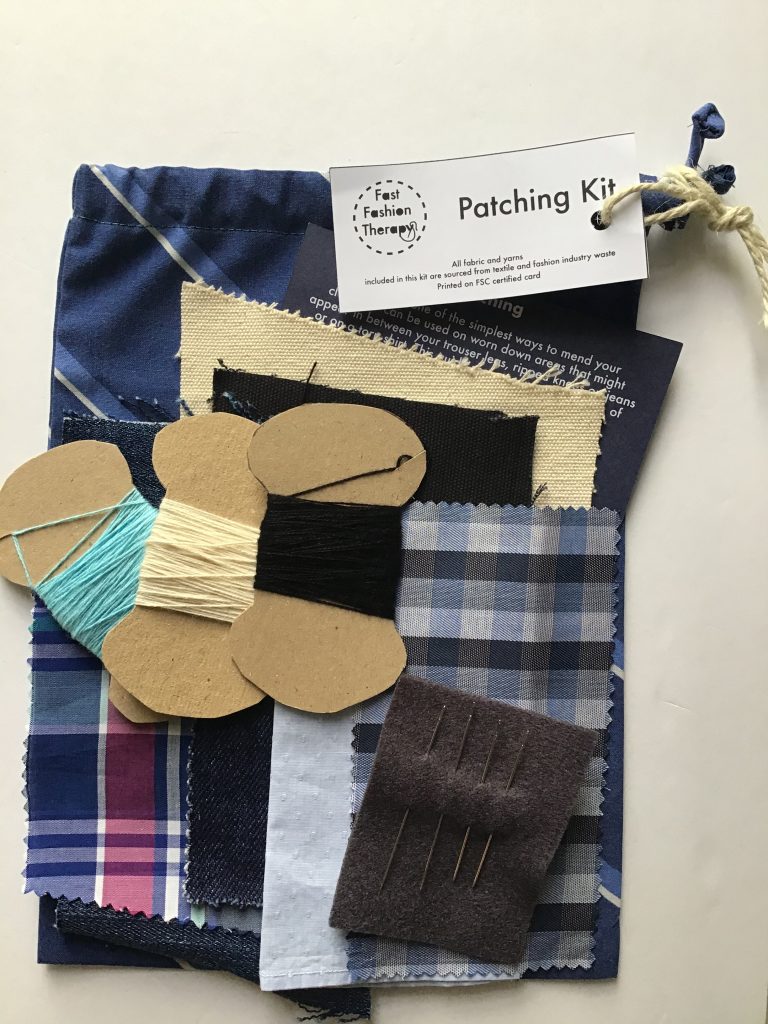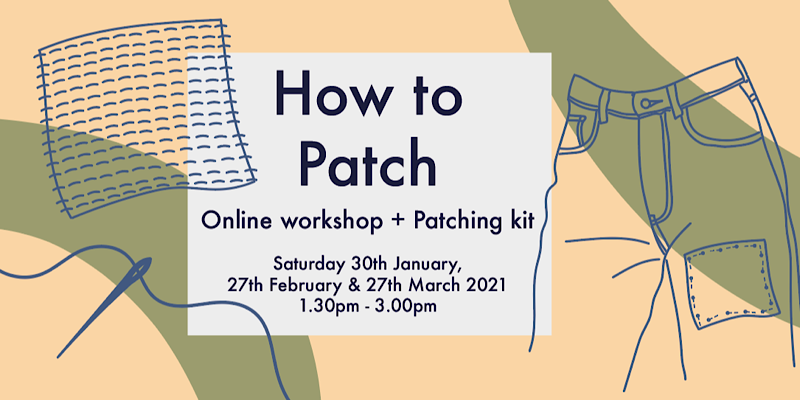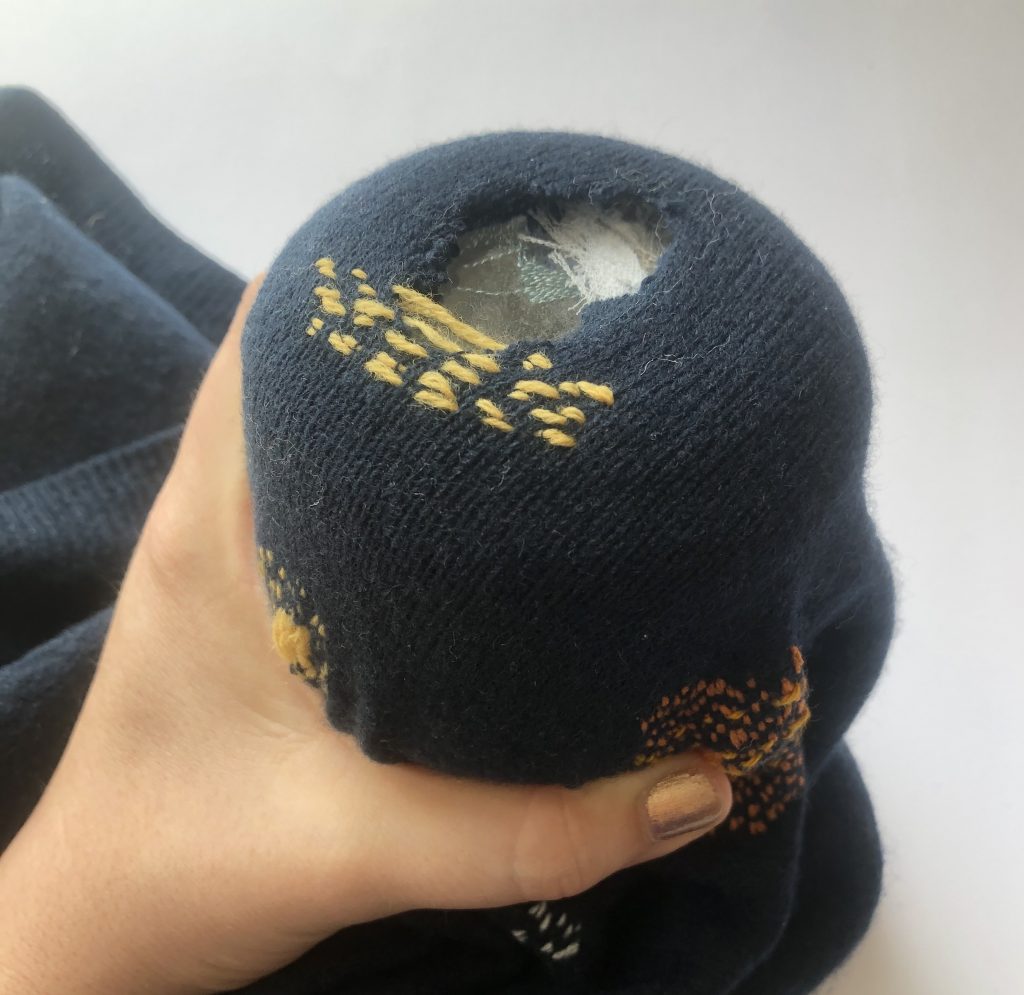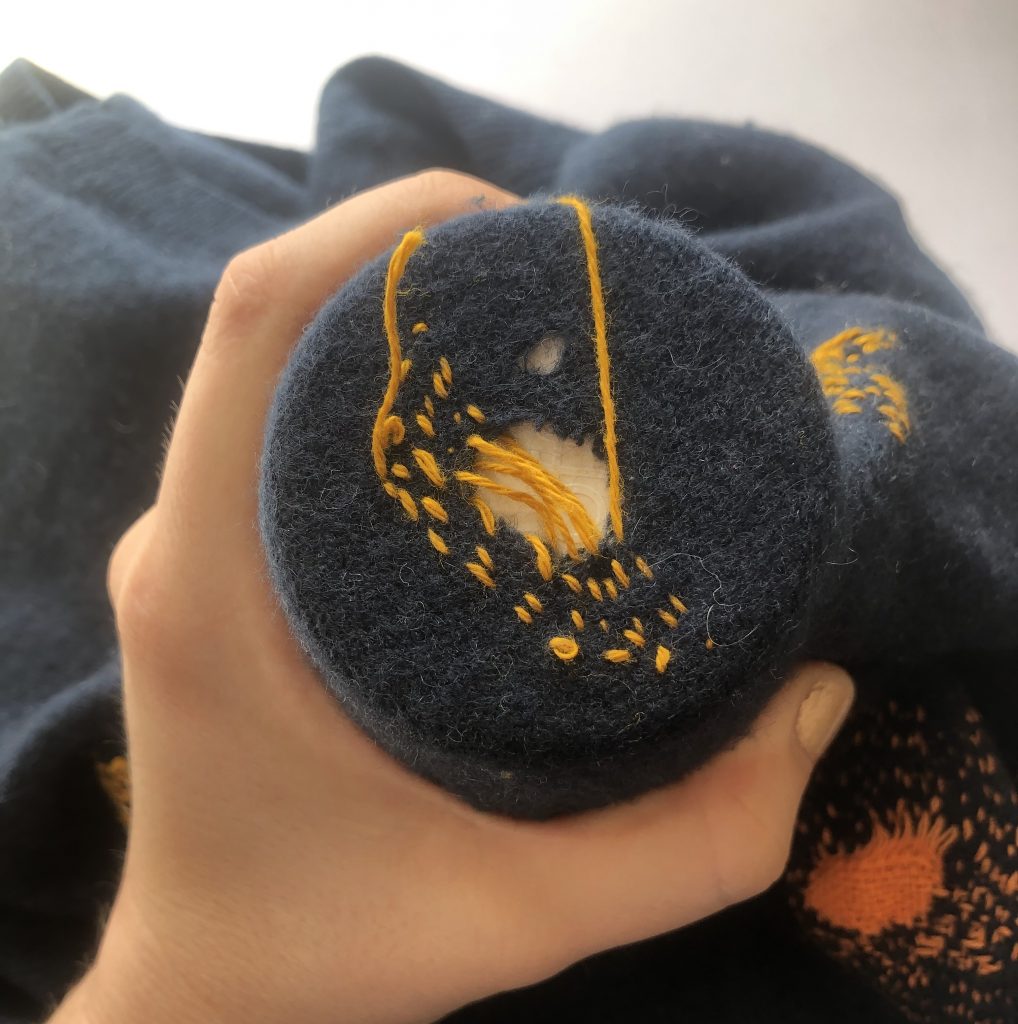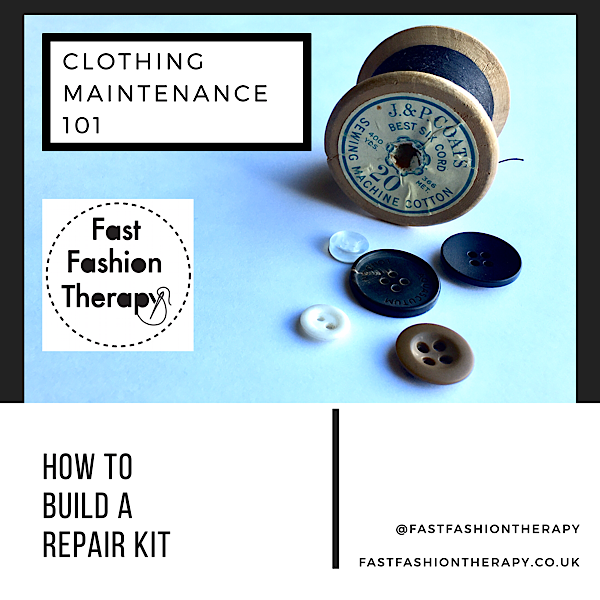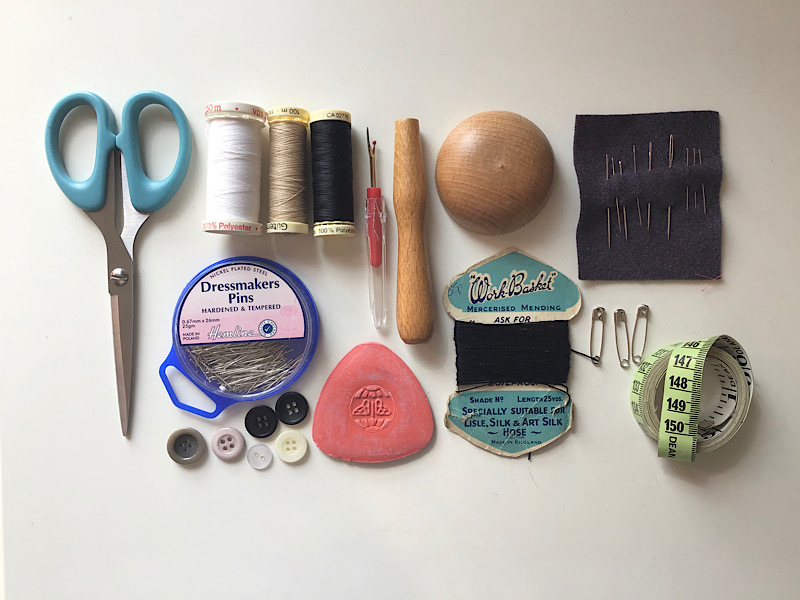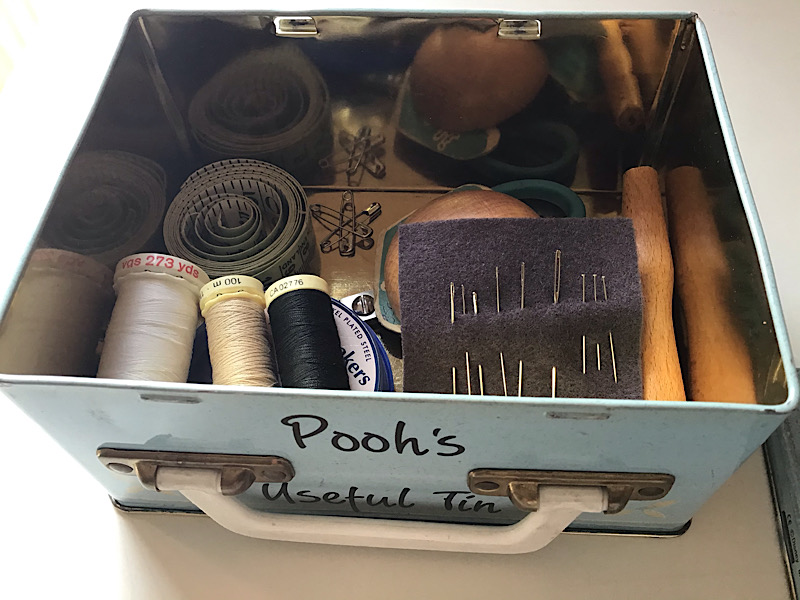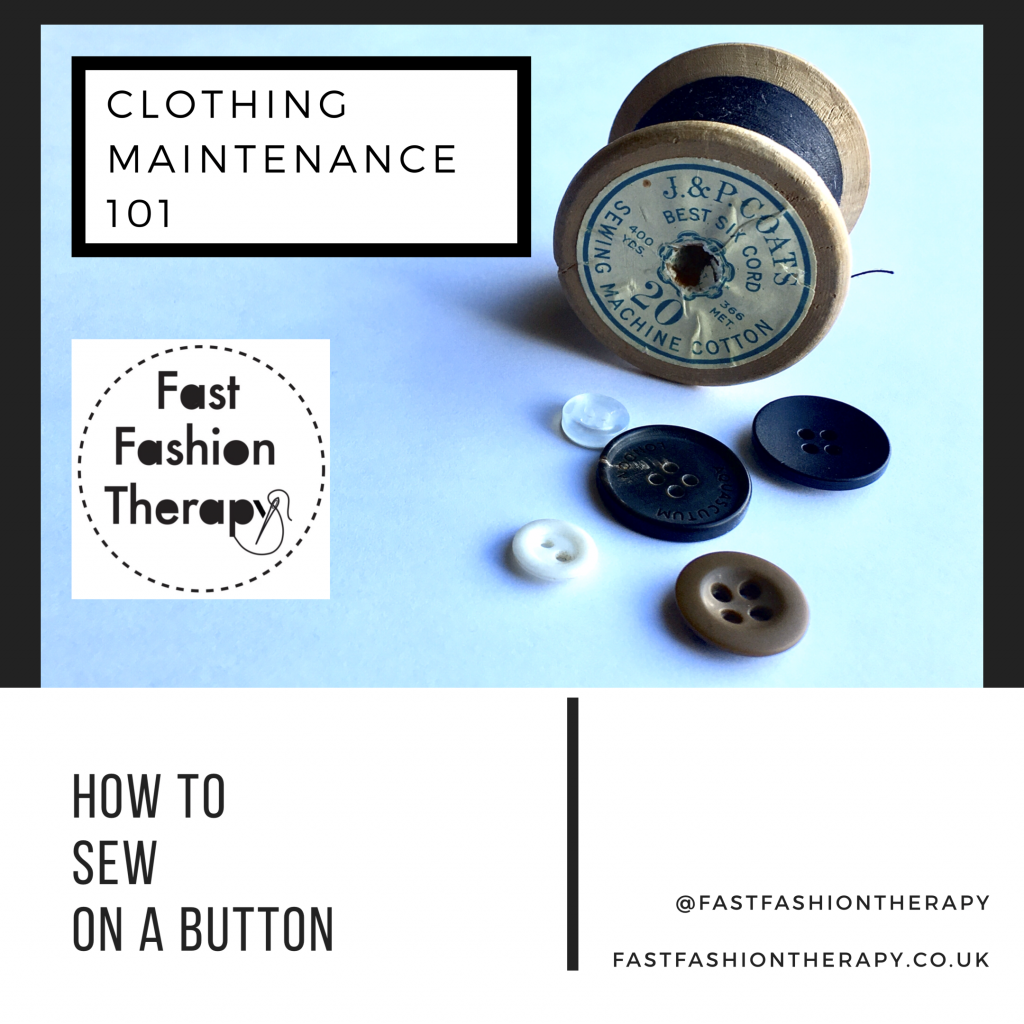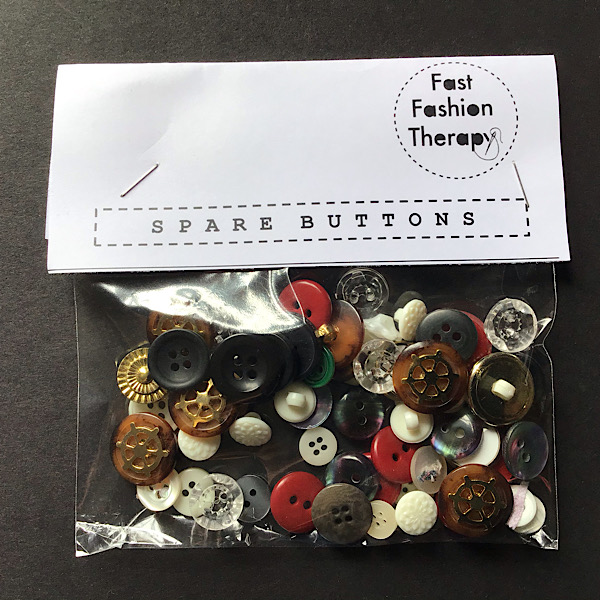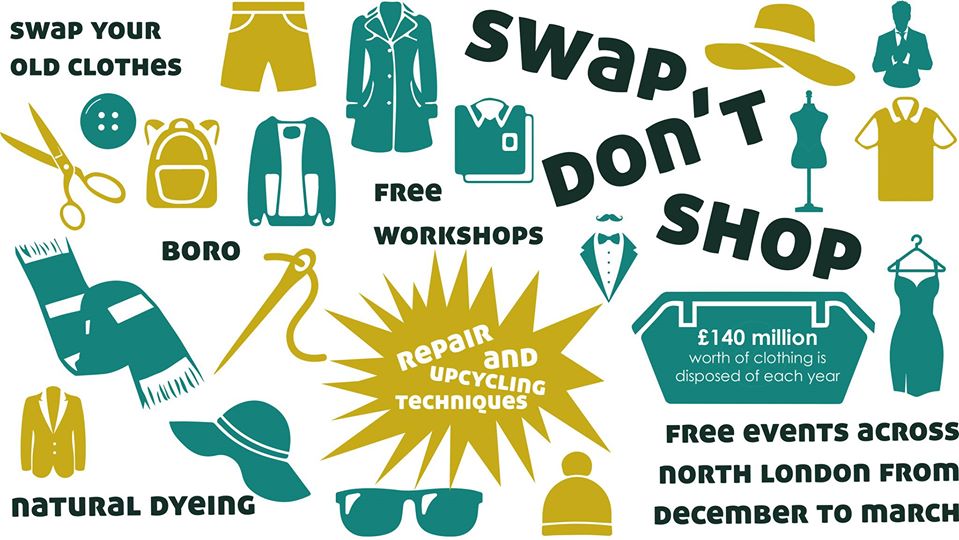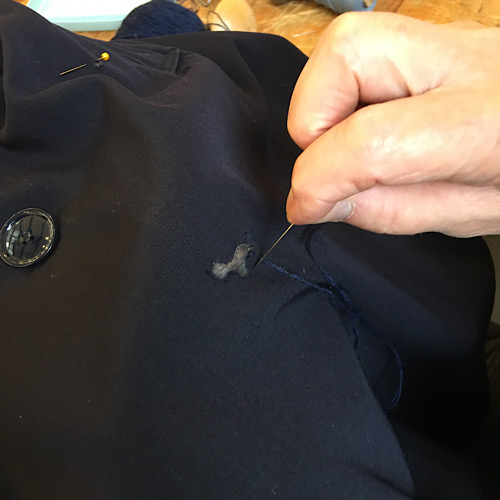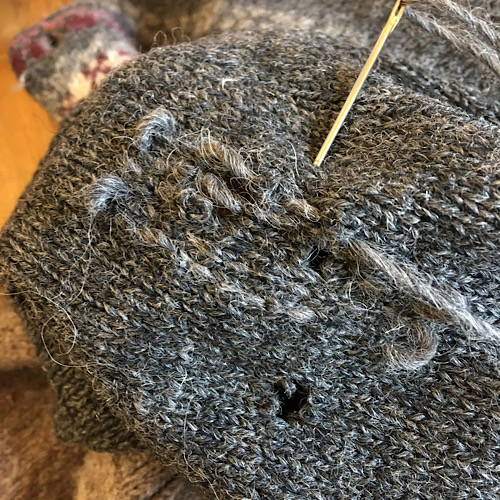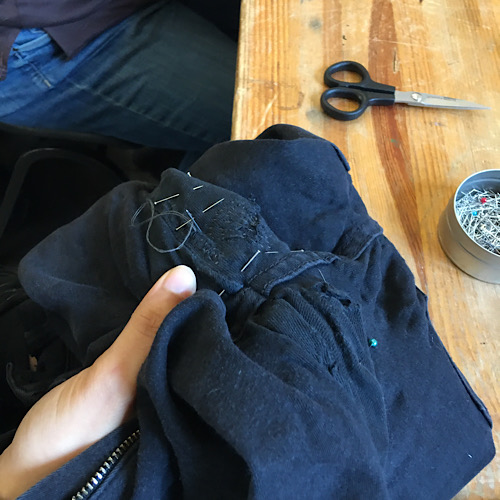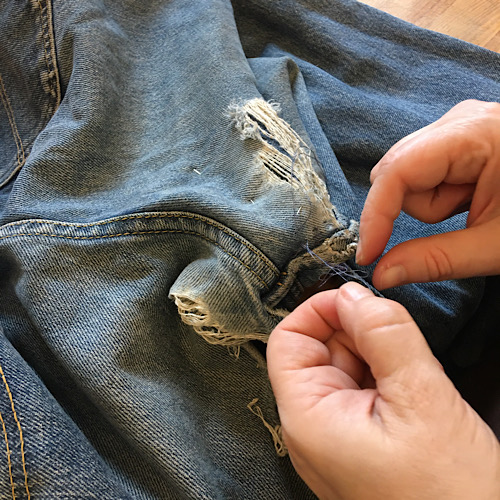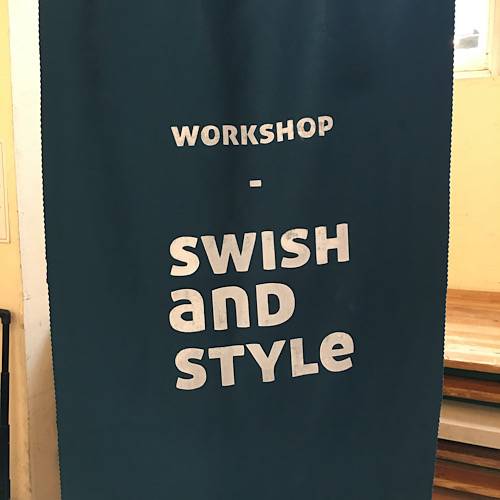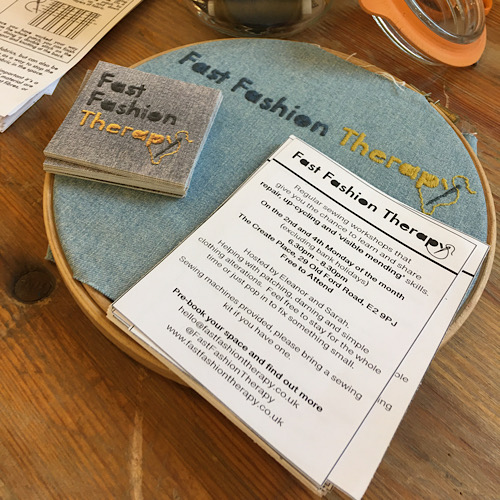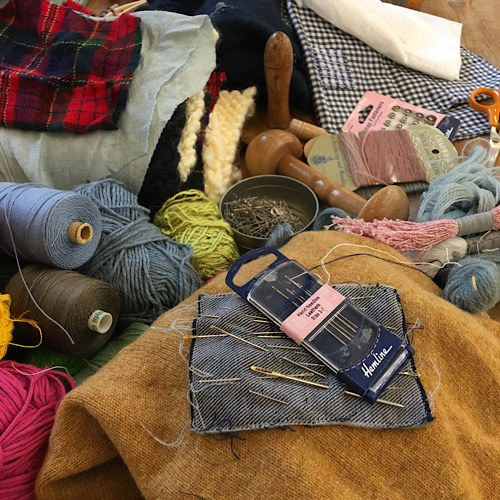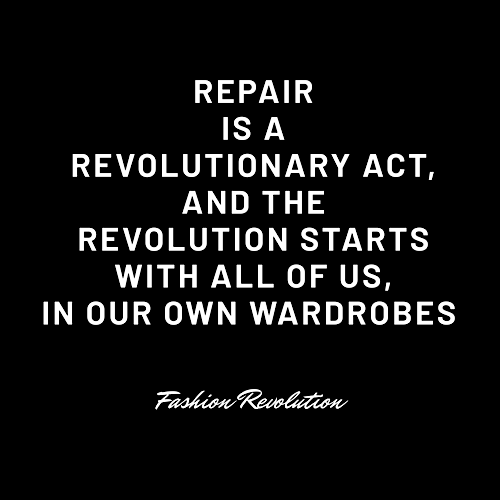At Fast Fashion Therapy, we were planning a range of workshops to support Fashion Revolution Week. We have course cancelled the events due to the Corona virus. Below is a poignant message from the founders of Fashion Revolution that we wanted to share…
Dear Fashion Revolutionaries,
It is impossible to disregard the profound effects that the coronavirus pandemic is having, and will have, on the global population, on our society, and the hardships we will all face over the coming months; nobody can continue with business as usual at this point in time. We know that crises like Corona Virus, Climate Change, and indeed most disasters disproportionately affect the most vulnerable populations and minorities. At the same time, the vast majority of the people who make our clothes are themselves vulnerable, and lacking sick pay, paid leave, or adequate health care. When we use our voices to hold big corporations accountable, we are part of the change in shaping a fairer world.
Since Fashion Revolution began after the Rana Plaza disaster in 2013, we have used our collective voice to bring communities together, to offer support, share knowledge and to think creatively about finding solutions for challenging situations. In this new coronavirus world we are having to rethink everything, not least our own events scheduled to take place during Fashion Revolution Week April 20-26.
Inevitably many of our physical events will be postponed. Our global teams will operate as best they can, but we will all stand united on the 24th of April, and throughout Fashion Revolution Week, to honour the victims of the Rana Plaza and all other disasters and injustices that keep happening in fashion supply chains.
Where possible, Fashion Revolution will be moving many of our major events to online platforms. We will be postponing our Great Fashion Revolution Clothes Swap activation until a time when it is safe to gather together again. We will work with our country teams to ensure that local health guidelines and legislations are followed. But we are working hard at digitising, adapting our resources, and updating our content to respond to the present situation, so stay with us during Fashion Revolution Week and join us in our programme of webinars, discussions, virtual studio visits and news updates.
This is not the ‘change’ we were hoping for, but nevertheless, as we sit this crisis out – so many of us in isolation – we can also learn important things. The coronavirus pandemic will lead to a massive behavioural shift and an inevitable slowing down of consumption. As we always say, the most sustainable clothes are the ones already in our wardrobes so we can start, as so many of us already are, by looking after the clothes we have, sewing on buttons, repairing hems, darning holes. Repair is a Revolutionary Act, and the revolution starts with all of us, in our own wardrobes.
We will continue to keep this extraordinary global community alive and connected. Together, we will be more present than ever before. We will push forward with our messaging for a fashion industry that conserves and restores the environment, and values people above growth and profit, and we will continue to inform our global community on the pressing topics facing the fashion industry as it struggles to become more sustainable. We can choose to spend the extra time on our hands scrutinising fashion brands, and asking for greater responsibility.
At Fashion Revolution, we say Be Curious, Find Out, Do Something. As we enter our seventh year of campaigning, we are very proud of our collective achievements: we certainly have made more people more curious, and so millions of citizens have taken it upon themselves to find out more. Now is the time to Do Something. Bring your activism home. Turn it into daily actions: mend, repair, resell, learn a craft, fix a shoddy hemline that needs a stitch. Investigate your clothes: look at the labels, expose their details, research the brands. Take a closer look at a composition label that goes nowhere near telling you the full list of ingredients; a ‘Made In’ label that tells you nothing about where the fabric was made or the raw materials were sourced.
As always, we want to hear from you. Keep us posted of your wardrobe activism. Tag us in your conversations and use our hashtags. We continue to ask #WhoMadeMyClothes to show our solidarity with the garment workers, and we are also asking #WhatsInMyClothes to help begin a wider conversation about the ingredients – the plastics, chemicals and polluting microfibres – that are not disclosed on our care labels.
But most importantly, use your activism to help others. Use your voice, and help us to raise awareness of the most vulnerable people in the fashion industry – the garment workers without health care or sickpay, whose living and working conditions will be made even more acute by this pandemic.
Of course, we can all help out closer to home too. if you are a social media content whizz, consider helping a local business to support their communities; if you are a designer or maker, can you offer your help to your local coronavirus effort? If you have children off school, take the time to teach them the basics of sewing and mending. Wherever we can, we will use our voice and our skills to help others.
We can use this crisis to pause: take stock, focus on our social conscience, reflect, and ensure that the drastic measures we are facing will lead us to be better prepared and more committed as we move to a more mindful, considerate future.
In gratitude,
Carry and Orsola
